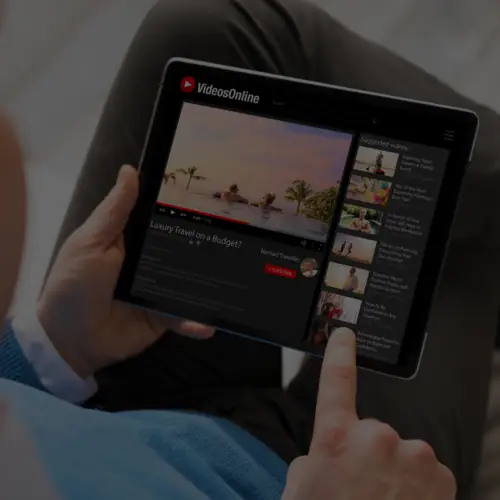28 Apr How Social Media Profiles Help with Search Engine Optimization
I know enough about SEO to be dangerous to people like Brian Chappell, who is our expert, but this is sort of an SEO 101 post anyway. When I started Ignite Social Media in July of 2007, I could see pretty clearly that I didn’t rank very well for my name. While I’m no “John Smith,” I do have some competition for the term “Jim Tobin”. Battling me for first page results on Google are:

- Jim Tobin, the Nobel Prize winning economist, called “one of the giants of 20th century econ” (pictured above right);
- Jim Tobin, a baseball pitcher in the 30s and 40s who apparently was pretty good;
- Jim Tobin, the CEO of Boston Scientific (pictured below right), who apparently made $38.1m bucks in 2005 (mad…); and
- Jim Tobin, who was convicted in 2005 of trying to help George Bush’s re-election effort by jamming Democratic phone banks.

All of these folks are far more notable than I, so in a fair SEO battle, they should crush me. There is no silver bullet to competing with any keyword or phrase, including your own name. The secret to being competitive is having lots of sites linking to you for that phrase, combined with producing content regularly with those keywords.You can fairly easily do both for your name and doing so allows ordinary folks, like me, to compete with famous people.
Utilize Social Media Profiles to Rank
Unless you work for a wildly popular company, your site or blog doesn’t rank as well as LinkedIn, Twitter (which made changes to their title tag structure and now ranks really well for names), Plaxo, Naymz, FriendFeed, Brightkite, Facebook or others. Building profiles in each of those sites is a must-do. Keeping them active (even if just through feeds) helps even more. You’re borrowing their search engine juice.
Blog. On Your Site And Off
Right now, this blog ranks number one for my name (although the convict sometimes bumps up, depending on Google’s mood), which is a testament to the value of steady content creation. Did you know that BLOG is actually an acronym for Better Listing on Google? You didn’t, because it’s not. But it could’ve been, because steady blogging works.
What a lot of people miss though is the value of blogging off site. Our posts are picked up on WebProNews, I’ve guest posted on Marketing Pilgrim, a podcast I did at Michigan State is currently ranking high, and a speech I gave at NC State is doing well. So get out there, be visible and contribute content.
Finally, remember the goal. Ranking for your site for a specific term is the big win. When that’s difficult or impossible, try to surround it with links to places that do link to you. Think of them as breadcrumbs that can lead people to you. Sprinkle as many as you can.






